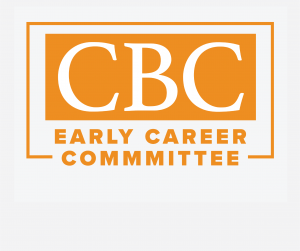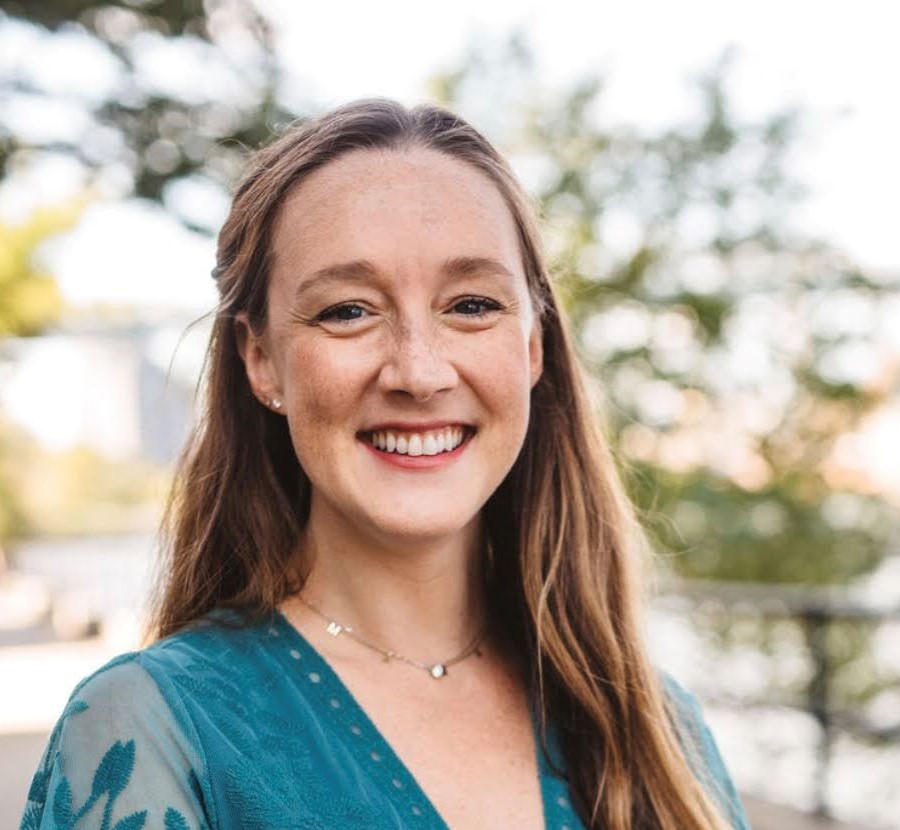Mentor Corner: Dawn Ryan

Executive Managing Editor, Macmillan Children’s Publishing Group
What brought you to publishing and what was your first job?

I always knew I wanted to be involved with writing and books, and both of my parents are teachers, so that easily could have been a route for me. But through a friend in college whose dad was at a publishing house, I got my first internship, which was at BEA setting up books on chairs for morning breakfasts with authors. It was nice being behind the scenes and seeing Judy Blume speak to a room for the first time. It was a lot of hard work, waking up at 5 AM doing grunt work publicity stuff, but seeing how many good-natured people were specifically in children’s publishing, I knew that it was going to be a really good fit for me. Everyone seemed really creative and happy but still business-minded, and that, ultimately, was how I knew I wanted to be in publishing.
What was the path that got you to this current role in your career?
It has not been linear. Basically, the path has been to say yes when people you know and respect offer you new opportunities that you’re interested in. I’ve spent time in marketing, publicity, and production editorial, and now managing editorial, with some brief time at a start-up as a development director, all just based on connections with people and an interest in growing and learning more about the industry.
It started with that internship at BEA, and then I started applying everywhere for more internships to land in an office setting rather than at a convention center. My next internship was at Fodor’s Travel Books, which was a part of Random House at the time, and it was on the production editorial side. It was a ton of style checking, making sure headings matched up throughout all of the books, making sure maps were current, and correction checking between passes. What really hooked me about the production editorial side was the production meetings, where people got together and gave the state of the union for every book they were working on. It was run by a managing editor who could guide the group to fix issues and make sure we had the best plan in place possible. It felt like such a teaching and coaching role, and I knew that was in my skill set and how I wanted to grow.
After that internship ended, it was really hard to find a job in publishing because this was during the 2009 and 2010 recession days, so when I graduated from college I started interviewing for everything and ended up on the marketing side, but still in children’s. And it was a wonderful time. Setting up meet and greets with authors, working at BEA once again, doing blogger campaigns (before influencers existed). Following that job I did school and library marketing, which felt like a really good fit because I have such a background with teachers, and it was. It involved a lot of mailings for award committees, outreach for the librarian and teacher network, and going to conventions.
Then, because of the Fodor’s internship and staying in touch with the people I’d reported to there, I found out about an opportunity with Random House Children’s for an Associate Managing Editor and I jumped back over into the managing editorial side, in children’s, and it was a really good fit. I stayed at Random House for about five years and then came to Macmillan, a job offering that I again found through a friend—I really liked the culture and the team and I was ready to grow.
A few years after joining Macmillan, someone who I’d known when I was in marketing was starting a new company, so I took a break from traditional publishing and worked as their development director. The startup was more about general entertainment. Book publishing was a piece of the work, but not all of it. It really opened my eyes—I went from managing production schedules and the work I did in managing editorial to negotiating contracts and helping with stylistic decisions. It was an amazing challenge, but ultimately one that I knew would lead to a lot of burnout, so I went back into more traditional publishing. Because of that experience, I knew how to advocate for myself and what workload and work life balance was right for me, and I became much more self aware and able to communicate what my career path was going to be. And I’m back at Macmillan now!
What advice would you give to those who are either just starting out or are in their first few years in publishing?
Be as open to new people and experiences as possible. Don’t be afraid to ask someone if they want to go to lunch or to ask them how they got where they are. I think publishing is a friendly place to be, and you’re not doing yourself justice if you’re limiting yourself just to your day-to-day tasks. And it’s also the generosity of spirit. If you’re an open person, things are going to come back around to you. That’s the way the world works, and when you have that mentality and things come your way, just say yes. If you think your gut is up for it, do it. Not everything is going to be perfect, but you’re going to learn from it and you’re going to be stronger from it. So if you’re interested in something, make your pro-con lists and then jump!
What have been some highlights of your career so far?
Quitting. It was one of the scariest things I’ve done in my life, but I am so glad I did it. The job was overwhelming and toxic for me, and the power to get out and take care of yourself is stronger than anything else. It’s better than a paycheck. Know your value and know your worth. That’s probably the best thing I’ve ever done in my career. Besides that, I love getting to see people grow. Being there for others, giving them advice, and then hearing that things are working out. At the end of the day we’re all people. Yes, we want to be successful, and seeing the people around you move up and have success just means that you’re doing well too. Why wouldn’t you want other people to thrive?
What is your favorite title that you’ve worked on?
I got to be the managing editor for Book of Dust, which was Philip Pullman’s first book after twenty years of not publishing in children’s. It was a big, top-secret project. It went on sale on a Thursday, which never happens—we had to time it to the UK—so logistically there was a lot of work to be done on the managing editorial side to coordinate. There was such a sense of magic because he’s such a prolific writer and a fantastic person and mind. It was really humbling to be able to work on that book.
In a similar way now, I love being able to work on all of the new and diverse writers that we have coming, even if they aren’t a giant name like Philip Pullman. It’s so important to get more voices out there. Any time there’s a book that comes across my desk with perspectives that I don’t have, I’m so touched that I get to help put it into the world and that more people are learning about marginalized communities who don’t necessarily have generations of publishing behind them. It’s great to be helping people who are underrepresented. For example, Eva Chen has a new book that I worked on, I Am Golden, coming out, and it’s a forty-eight-page picture book about her own experience. She has a Chinese-American background and the book talks about all the generations that came before her main character and how proud they are of her. She’s just a little girl but she’s guiding her parents through an entirely new culture and life, and it’s really powerful. It’s great to be a part of something like that.
If you were in a room with a large group of people early in their careers, what would you want to say to them?
No one is going to come save you. You are your own champion. It’s important to talk to mentors and get help, but you have to value yourself and you have to make your future, what you want to do, and how you want to grow your first priority. And then it’s easier for other people to recognize that too. It’s really easy, especially now in the confusing work-from-home in-between times, to feel really isolated, and you have to get yourself out of the funk. Find a new person to talk to, find a new way to be creative online. You have to take care of yourself!

